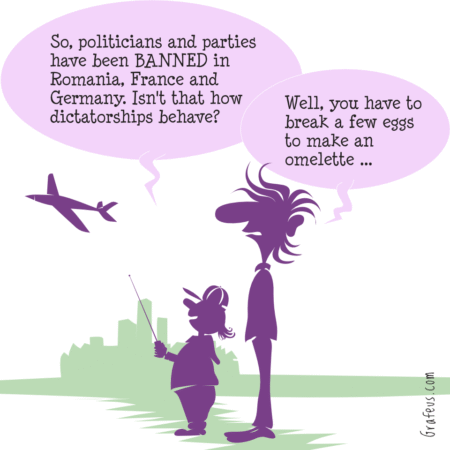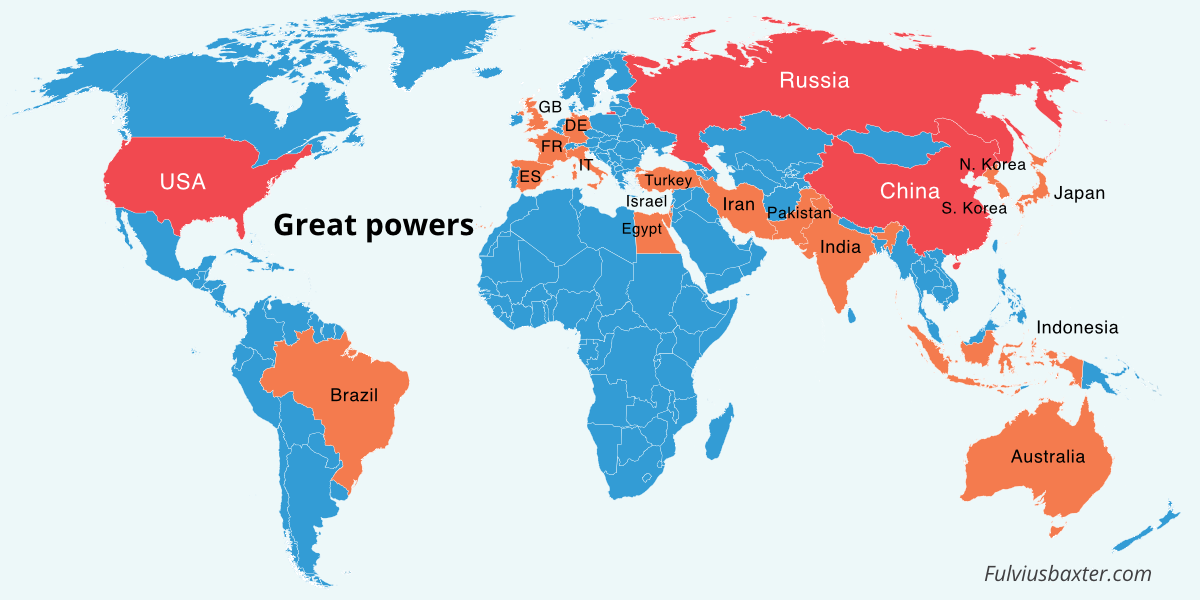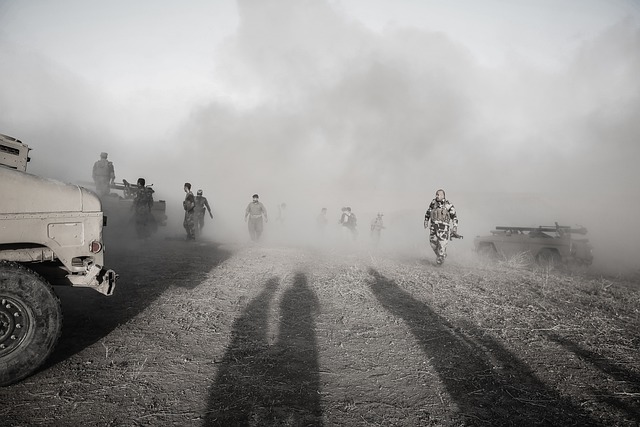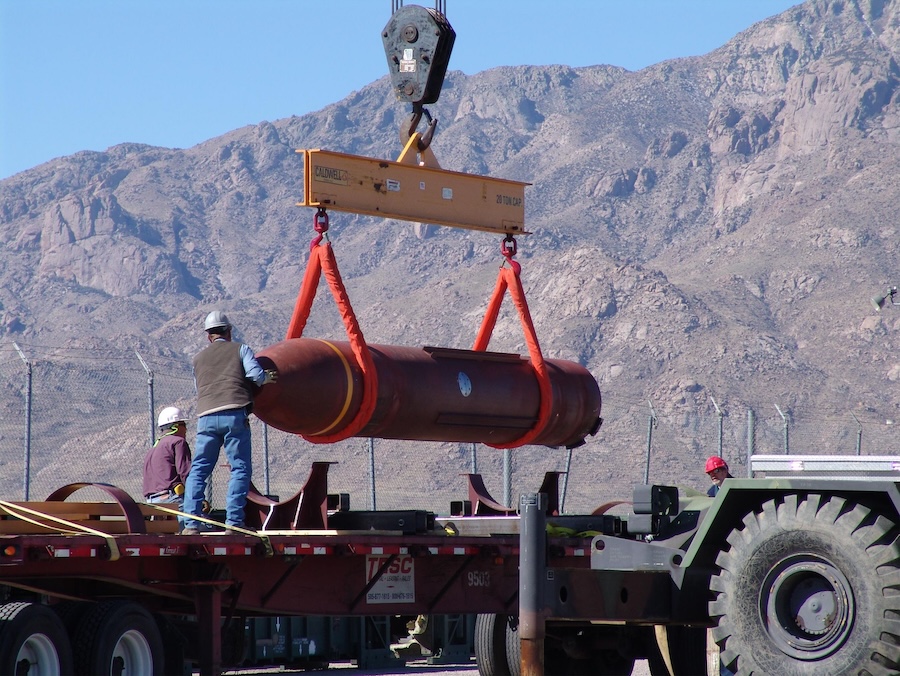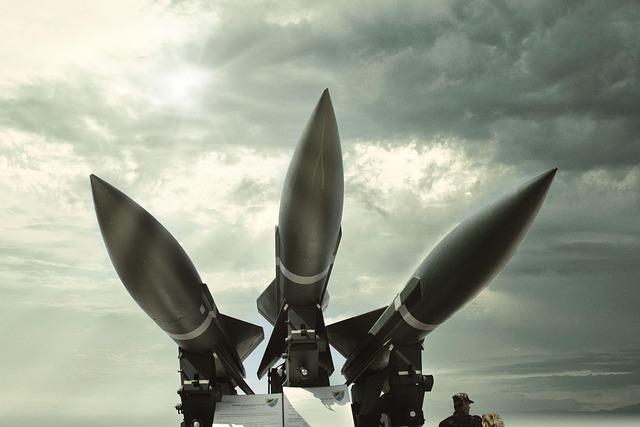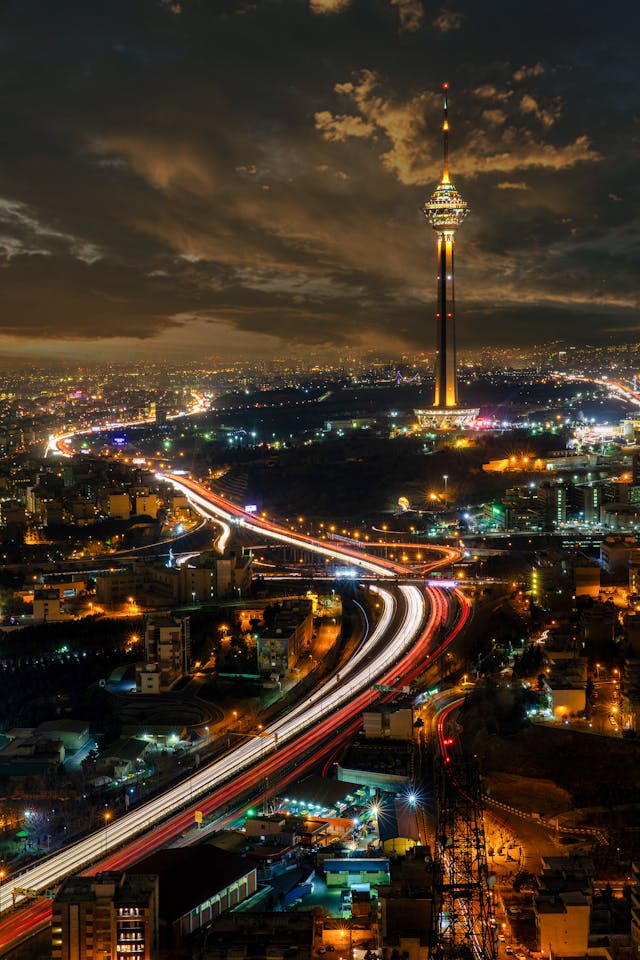 We know that the US, the world policeman, often abandons its war projects, from the Vietnam War to Afghanistan. Even countries like Korea have been partially abandoned, divided, with a frozen conflict. The behaviour has its reasons, probably often because the US cannot send and maintain huge armies across the globe. At best they can do it for short periods, but in recent years it has become even more difficult with de-industrialisation, corporate flight to China, and a defence industry that manufactures products that are increasingly expensive, complex and less robust.
We know that the US, the world policeman, often abandons its war projects, from the Vietnam War to Afghanistan. Even countries like Korea have been partially abandoned, divided, with a frozen conflict. The behaviour has its reasons, probably often because the US cannot send and maintain huge armies across the globe. At best they can do it for short periods, but in recent years it has become even more difficult with de-industrialisation, corporate flight to China, and a defence industry that manufactures products that are increasingly expensive, complex and less robust.
We have fighter jets that are now so costly that the loss of even one of them would be significant, and huge aircraft carriers that are untested against large-scale drone attacks or supersonic missiles. Maybe they can’t even handle regular missiles? Who knows? After all, the US has not faced a comparable enemy since World War II, and many of its military resources have been directed towards developing countries with third-rate armies. In addition, it is difficult to recruit young people to the military; it is not easy to persuade them to sacrifice their lives in the seemingly pointless conflicts on the other side of the world.
So the question is, will the Americans also abandon the Israelis over time?
Tel-Aviv is often described as Washington’s closest ally, and that ties are strong. But perhaps reality no longer permits this relationship? The US left, which has an increasing say in the matter, is siding with the Palestinians. And the military logistical problems I mentioned above speak volumes. In addition, there are international phenomena such as the weakening of the dollar, whose role as a world currency is diminishing, which is hurting the domestic economy.
Some argue that the United States is just one recession away from meeting the same fate as the British Empire, a vast empire that withered away in just a decade after World War II, as well as its currency, the pound, which was used globally in the past.
If the American troops assigned to help Israel in the Hamas conflict were to run into trouble, with too many casualties, this trend could accelerate. The loss of young men, or taking them hostage, now has a strong demoralising effect in the West. And when the US can no longer send large armies, the nuclear threat remains, which we hope neither side realises. And if the decision is made not to use nuclear means, then all that remains is to go home and lick your wounds.
We know that the British played hardball in India, on occasions when the local population rebelled and brutalised British women and children, the British responded with indiscriminate violence. It takes violence to maintain an empire. And violence is something we like to see in films or TV shows, but no longer accept as a solution to political problems. At least not officially. We are now democracies, members of the UN, and follow various conventions. Under the surface, violence flows as usual, but it must never be allowed to bubble up to the surface so that it can be reported in the media and become known to the people. It is important to be on the good side and to have the moral high ground.
Israel is seen as an occupying power, regardless of which side of the conflict we are on; they have appropriated, in various ways, a territory in the Middle East where they were a minority until the turn of the century, but then began to dominate through migration. Yet they do not want to see themselves as occupiers or empire builders, even though the expansion and settlement of Arab territory speaks volumes.
They do not want to be an occupying power, but a democracy, that has the law on its side. This is a paradox.
In the past, it was great to be an empire, the more peoples and regions you had under you, the better. Not to be confused with tyranny, because you didn’t always treat your subjects badly, sometimes they were even treated better than their former masters. It was mostly about who had power over a territory, the small people rarely noticed much difference, unless they were exposed to direct war and misery.
And for the US and Israel, it is becoming increasingly difficult to dominate without recognising their actions, intentions and what they are really doing. Hiding behind the beautiful banner of democracy, with occasional statements about “spreading democracy” is becoming increasingly pathetic and ridiculous.
Surely it would have been easier for Israel to recognise its imperialism, and chase away all unwanted peoples from its expanding territory. It’s a case of might is right, and they are the strongest in the region, at least with US military assistance. But now we live in a post-imperialist world, where the big powers are basically using the same old methods, but dressing them up in obscure language and pretending to be good, but protecting their interests under the surface. And this double standard can be very destructive, as it erodes the trust of the people in their leaders.
Without the US, Israel stands alone in the Middle East. The enemy militias have become more skilful, more fanatical and better equipped than the unmotivated Arab armies of the past. Israel will be forced to make tough concessions in order to ally itself with an Arab neighbour that can support it. I don’t see European help as an option, we don’t have a coordinated military, and the old European powers can’t afford large-scale conflicts in distant lands. It is no longer enough to send an armoured cruiser that fires a few deterrent salvos. You need experienced people, large armies equipped with modern weapons, who can handle war in an urban environment. Right now, I find it hard to see where Israel would get such help.

